Strength of a Sunk Key

A key connecting the shaft and hub is shown in Fig. 1.
Let T = Torque transmitted by the shaft,
F = Tangential force acting at the circumference of the shaft,
d = Diameter of shaft,
l = Length of key,
w = Width of key.
t = Thickness of key, and
τ and σc = Shear and crushing stresses for the material of key.
A little consideration will show that due to the power transmitted by the shaft, the key may fail due to shearing or crushing.
Considering shearing of the key, the tangential shearing force acting at the circumference of the shaft,
F = Area resisting shearing × Shear stress = l × w × τ
∴ Torque transmitted by the shaft,
T = F × d/2 = l × w × τ × d/2 ……….(i)
Considering crushing of the key, the tangential crushing force acting at the circumference of the shaft,
F = Area resisting crushing × Crushing stress = l × t × σc / 2
∴ Torque transmitted by the shaft,
T = F × d/2 = l × t × σc / 2 × d /2 ……….(ii)
The key is equally strong in shearing and crushing, if
l × w × τ × d/2 = l × t × σc / 2 × d /2 (‘.’ From equation (i) & (ii))
w / t = σc / 2τ ………. (iii)
The permissible crushing stress for the usual key material is atleast twice the permissible shearing stress. Therefore from equation (iii), we have w = t. In other words, a square key is equally strong in shearing and crushing.
In order to find the length of the key to transmit full power of the shaft, the shearing strength of the key is equal to the torsional shear strength of the shaft.
We know that the shearing strength of key,
T =l × w × τ × d / 2 ………. (iv)
and torsional shear strength of the shaft,
T = π/16 × τ1 × d^3 …(Taking τ1 = Shear stress for the shaft material) ………. (v)
From equations (iv) and (v), we have
l × w × τ × d / 2 = π/16 × τ1 × d^3
.’. l = π/8 × [τ1 d^2/w × τ] = πd/ t × τ1/τ = 1.571 d × τ1/τ … (Taking w = d/4) ………. (vi)
When the key material is same as that of the shaft, then τ = τ1.
∴ l = 1.571 d … [From equation (vi)]
Reference A Textbook of a Machine Design by R.S. Khurmi and J.K. Gupta
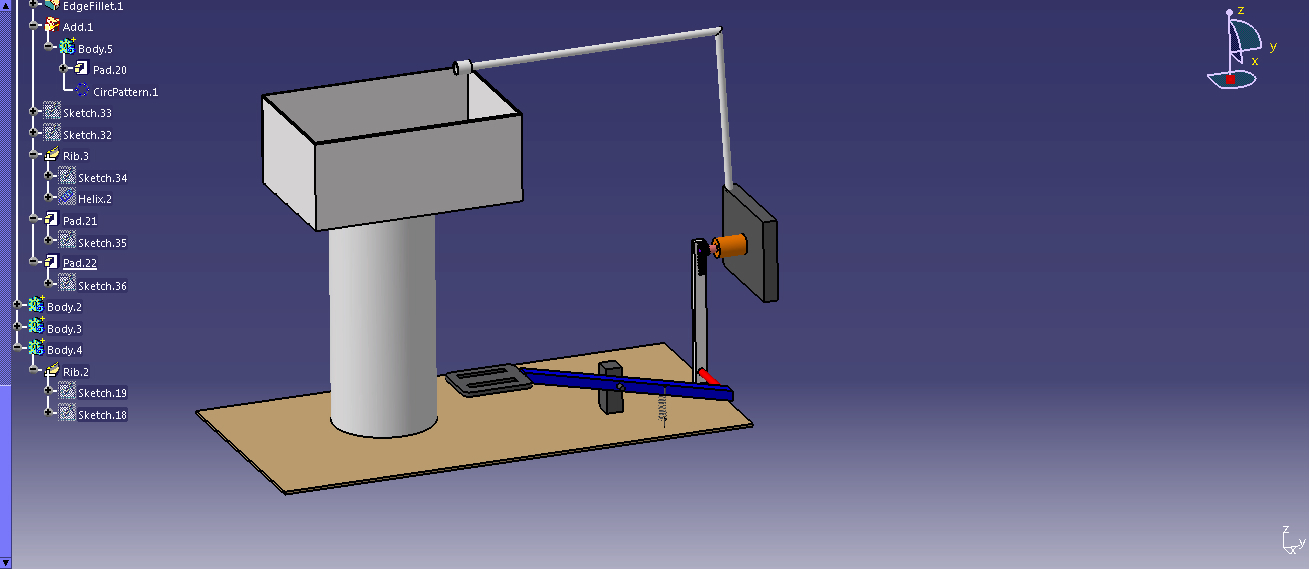



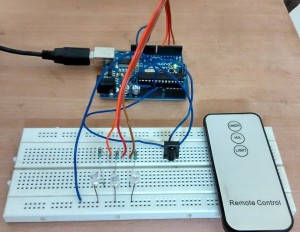

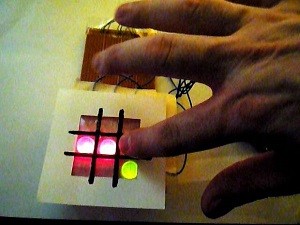
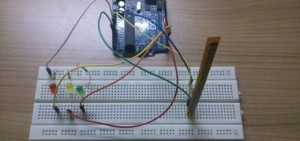
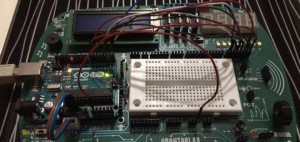
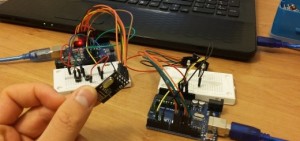
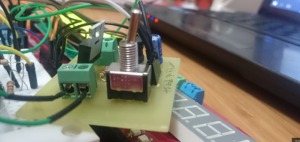
Post Comment
You must be logged in to post a comment.